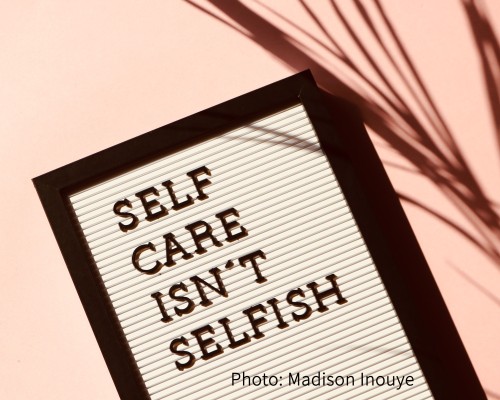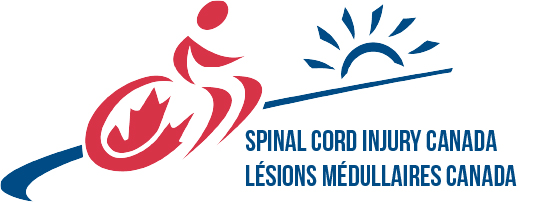Helpful Websites and Programs for Mental Health

1 in 5 Canadians experience mental health related issues every year in Canada, and individuals with a spinal cord injury (SCI) are at an even higher risk of experiencing mental illness [1] [2]. Fortunately, society has become more open to discussing mental health and its challenges. However, we still have a long way to go when it comes to getting everyone the help they need.
In this blog, I want to share some programs and organizations that are designed to help you with your mental health.
Websites and programs
Therapy is a fantastic treatment option for mental health. You can find a blog all about the benefits of therapy on the SCI Canada website. However, if you are looking for resources to use in-between counselling sessions to help you manage your mood, you may find some of the resources in this blog helpful.
If you feel like you want to talk to someone or join a program for your mental health, there are many options for you:
-
Togetherall
- Togetherall engages professional mental health workers and an anonymous community. Togetherall has many resources that can be completed independently. It also has an anonymous discussion board that is always monitored by professional mental health workers. The community feature is beneficial because it allows individuals who are struggling with their mental health to seek support and connect with each other. The service also lets users set goals, journal, share their experiences and feelings, and complete courses. Togetherall is available in English and French.
-
Kids Help Phone
- Kids Help Phone has an incredible range of resources on their website, including mental health education, activities, a community forum, and crisis support. Of course, they also have phone numbers that you can call or text if you want to talk to a mental health professional about your experiences. Many people may not know this, but Kids Help Phone is available to use for anyone in Canada between the ages of 5 and 29 [3]. Kids Help Phone is available in English and French.
-
The LifeLine Foundation Canada
- This foundation created the LifeLine app. It offers resources to help you find crisis centres near you. The app also has chat lines and resources to manage symptoms of mental health. In addition, LifeLine provides educational material for suicide prevention and awareness. The Lifeline App and LifeLine Foundation Canada are available in English and French.
-
Wellness Together Canada
- This is another service that provides 24/7 support for Canadians experiencing mental health or substance challenges. Like many of the other resources mentioned, Wellness Together Canada offers education, articles, blogs, videos, activities, a community forum, and peer support. Furthermore, Wellness Together Canada has a phone number that you can call or text if you want to talk to a mental health professional. The phone number can be found on the Wellness Together Canada website or the Government of Canada website. Wellness Together Canada is available in English and French.
-
Local help
You may also be able to connect with local or provincial mental health services to find options for counselling or support groups. If you need help with this, two options to start with are eMentalHealth.ca and the Kids Help Phone Support Service Directory.
eMentalHealth.ca is a non-profit created by the Children's Hospital of Eastern Ontario (CHEO). eMentalHealth.ca has a national directory of mental health services and organizations, Info Sheets, screening tools, as well as information about mental health events and research studies. You can search their website based on your location, mental health condition, or the kind of help you are looking for.
The Kids Help Phone Support Service Directory is very similar. It allows children, adolescents, and young adults in Canada to search for mental health support based on location, mental health concerns, and the type of support they are looking for.
Both eMentalHealth.ca and the Kids Help Phone Support Service Directory are available in English and French.
Conclusion
I hope you found some of these resources useful. Never be afraid or ashamed to ask for help with your mental health, and remember to take care of yourself.
References
[1] Urban, Kylie. “Spinal Cord Injury Increases Risk for Mental Health Disorders.” UofM Health Lab, labblog.uofmhealth.org/lab-notes/spinal-cord-injury-increases-risk-for-mental-health-disorders. Accessed 17 June 2022.
[2] “Fast Facts about Mental Health and Mental Illness.” CMHA National, 17 Nov. 2021, cmha.ca/brochure/fast-facts-about-mental-illness.
[3] Public Health Agency of Canada. “Mental Health Support: Get Help.” Canada.Ca, www.canada.ca/en/public-health/services/mental-health-services/mental-health-get-help.html. Accessed 17 June 2022.
